In an era marked by extreme weather events, increasing electricity demands, and aging infrastructure, power outages have become a prevalent concern for businesses across the United States. To address this challenge and ensure business continuity, facility executives are turning to Uninterruptible Power Supply (UPS) systems as a critical component of their infrastructure.
Why UPS Is Necessary
For commercial properties, having a UPS ensures uninterrupted operations during power outages. It provides businesses with additional time to safely shut down systems, save critical data, or continue operations with minimal disruption until power is restored. UPS solutions also protect against voltage irregularities like sags and brownouts, which can cause performance issues in electrical equipment, such as dimming lights or computer reboots.
In industrial facilities, UPS systems are even more crucial, especially for those housing critical operations or sensitive equipment. Data centers, hospitals, emergency services, and certain manufacturing or research facilities rely on uninterrupted power to maintain operations, protect data, sustain life-saving equipment functionality, or prevent damage to delicate experiments and expensive processes.
Overvoltage, frequency variations, harmonic distortions, and transient voltage surges are common electrical disturbances that can damage equipment and disrupt operations. UPS systems effectively mitigate these risks, ensuring equipment safety and preventing costly downtime.
What To Look For In A UP
- Integration with Renewable Energy: Ensure UPS systems can integrate with renewable energy sources to enhance sustainability and backup power capabilities.
- Future Trends and Innovations: Stay informed about emerging trends and innovations in UPS technology to make informed decisions for the facility’s power infrastructure.
- Scalability and Flexibility: Choose UPS systems that can accommodate changing power requirements and equipment configurations over time.
- Monitoring and Remote Management: Advanced UPS systems offer monitoring and remote management features, allowing for proactive maintenance and issue resolution.
- Sustainability: Prioritize UPS systems with sustainable practices, including recycling and secondary use of materials.
- Energy Efficiency: Opt for UPS models with high energy efficiency to reduce energy consumption and operating costs.
- Maintenance and Service: Consider UPS vendors that offer comprehensive service agreements and support options to ensure optimal system performance.
Uninterruptible Power Supplies are indispensable for commercial and industrial facilities, ensuring continuous power during outages and protecting critical equipment. By mitigating the impact of power failures and addressing various electrical disturbances, UPS systems promote resiliency, efficiency, and sustainability in power infrastructure. Facility executives can safeguard business continuity and protect valuable assets by investing in reliable UPS solutions tailored to their specific needs.
Click here to read the full article, originally published August 29, 2023, by Facility Executive.



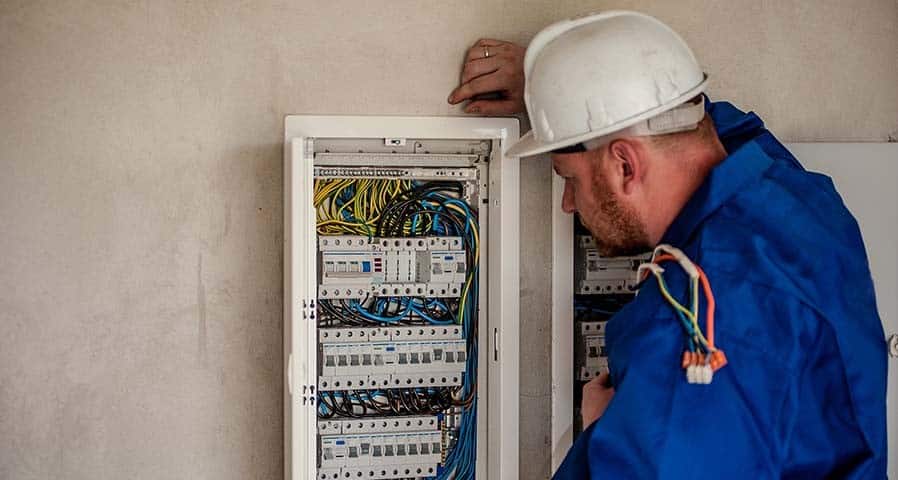
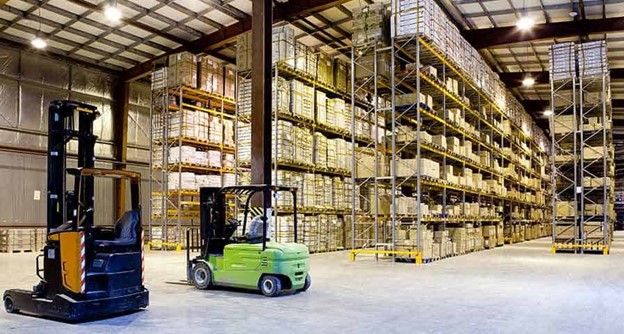
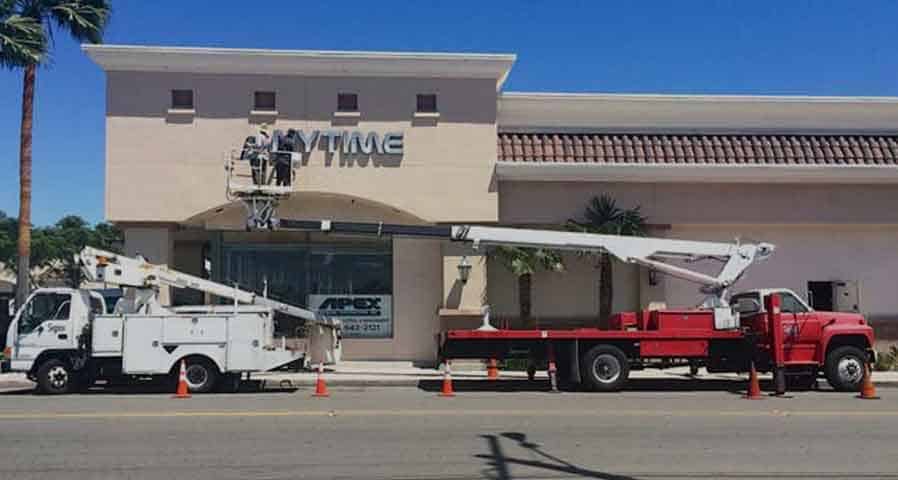

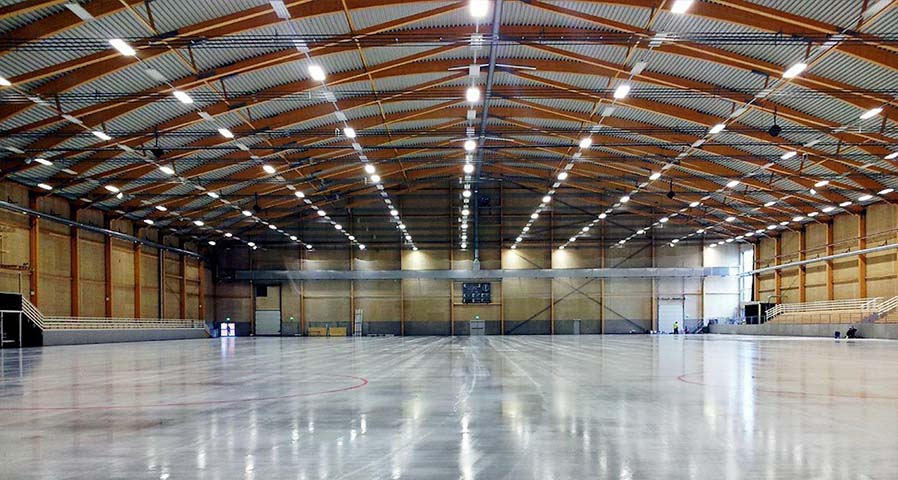
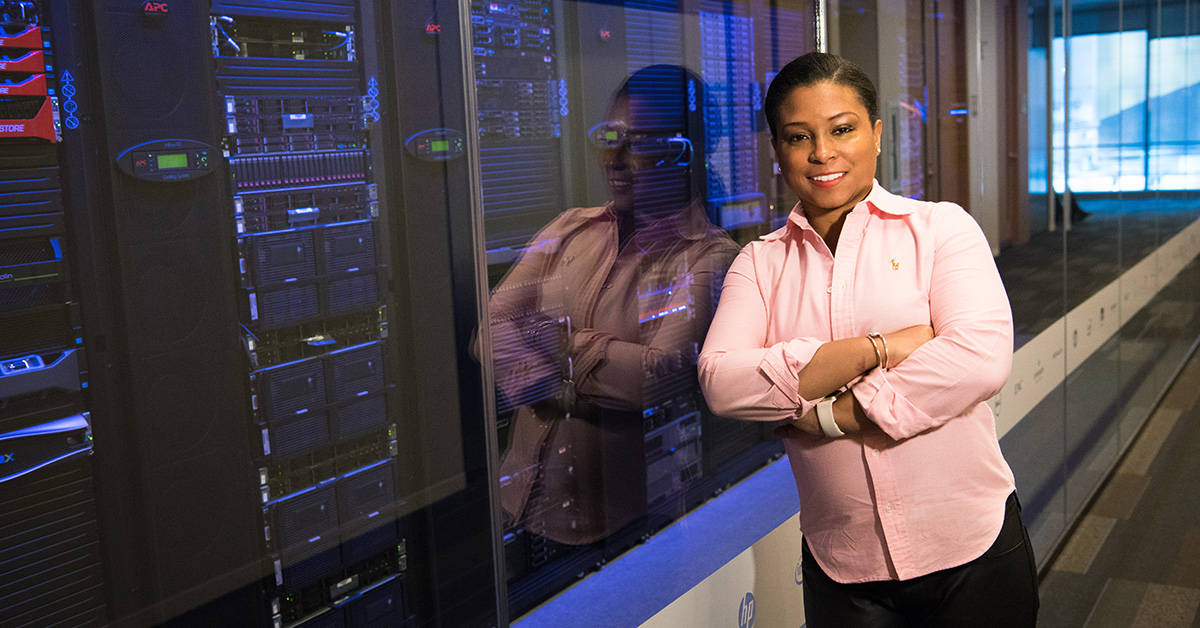







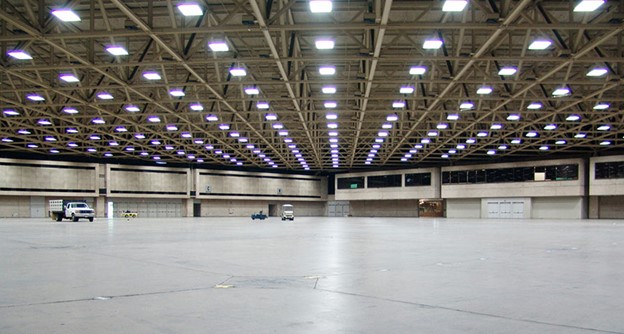
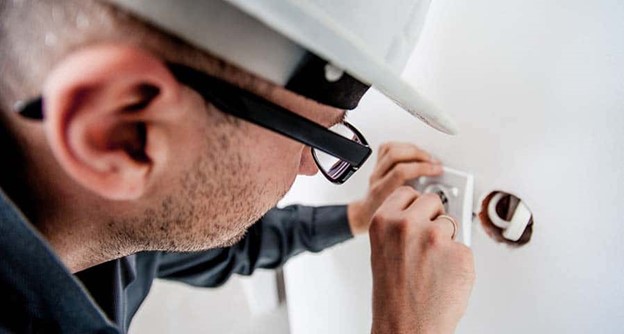

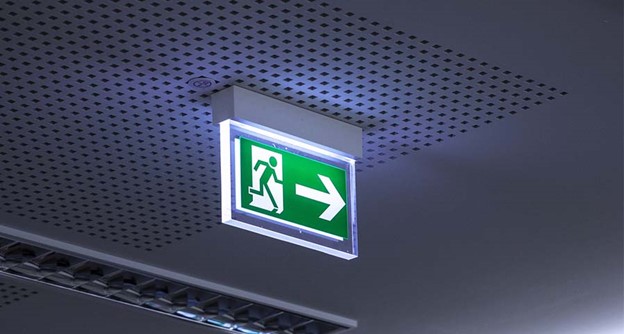
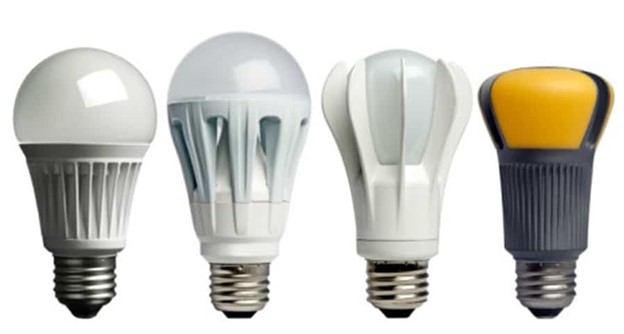
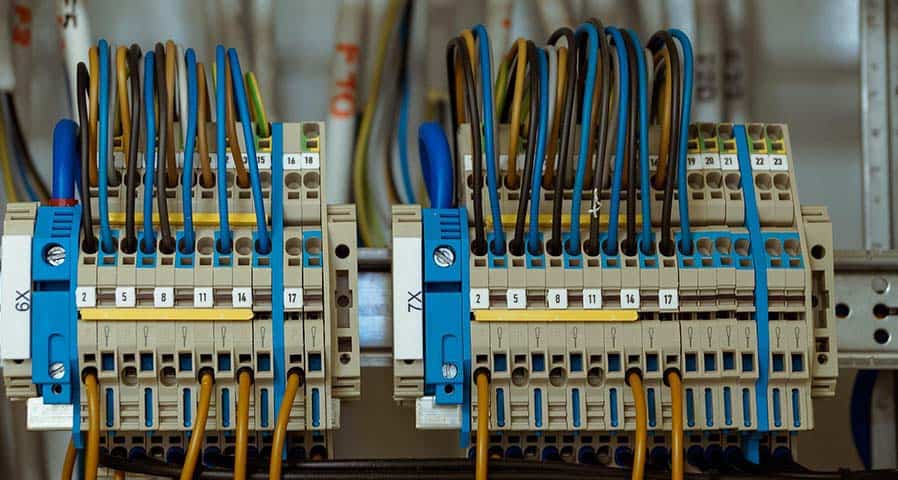

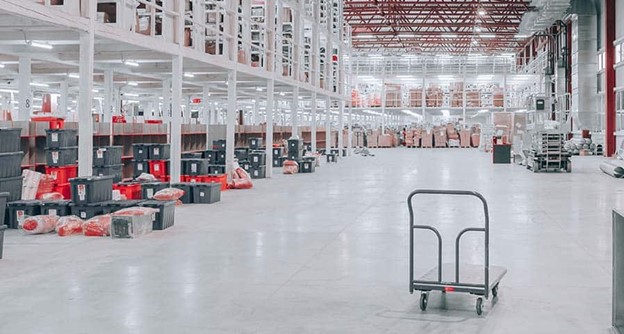

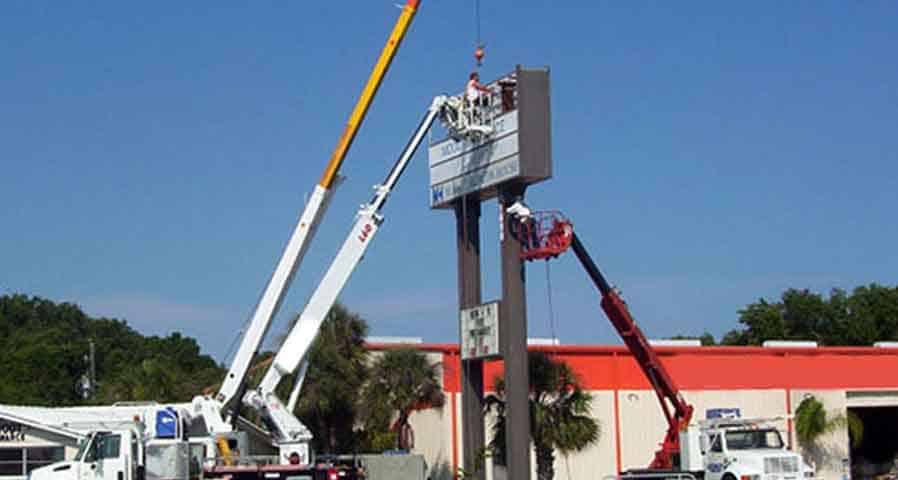

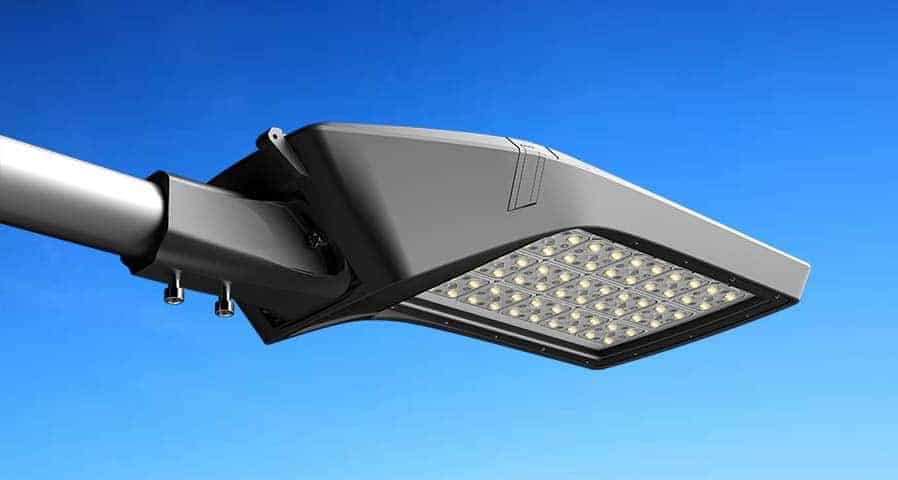

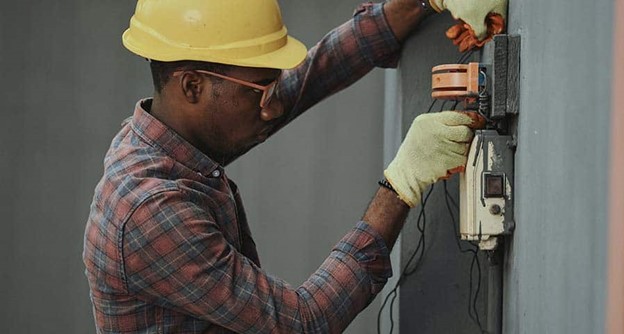
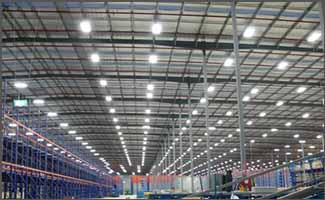


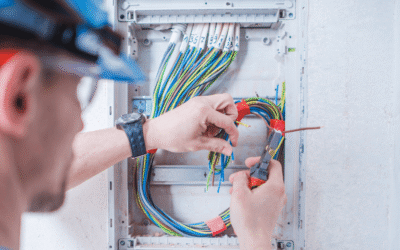





0 Comments